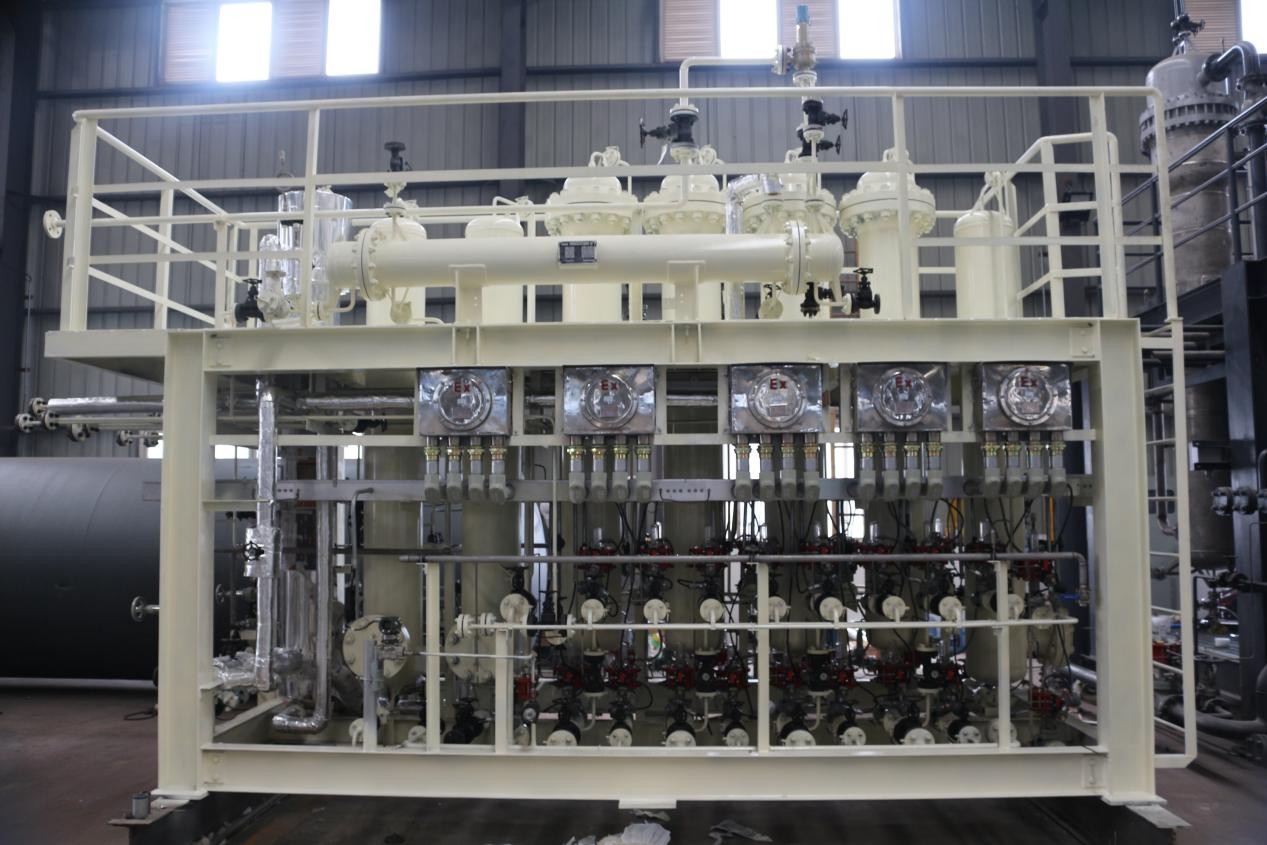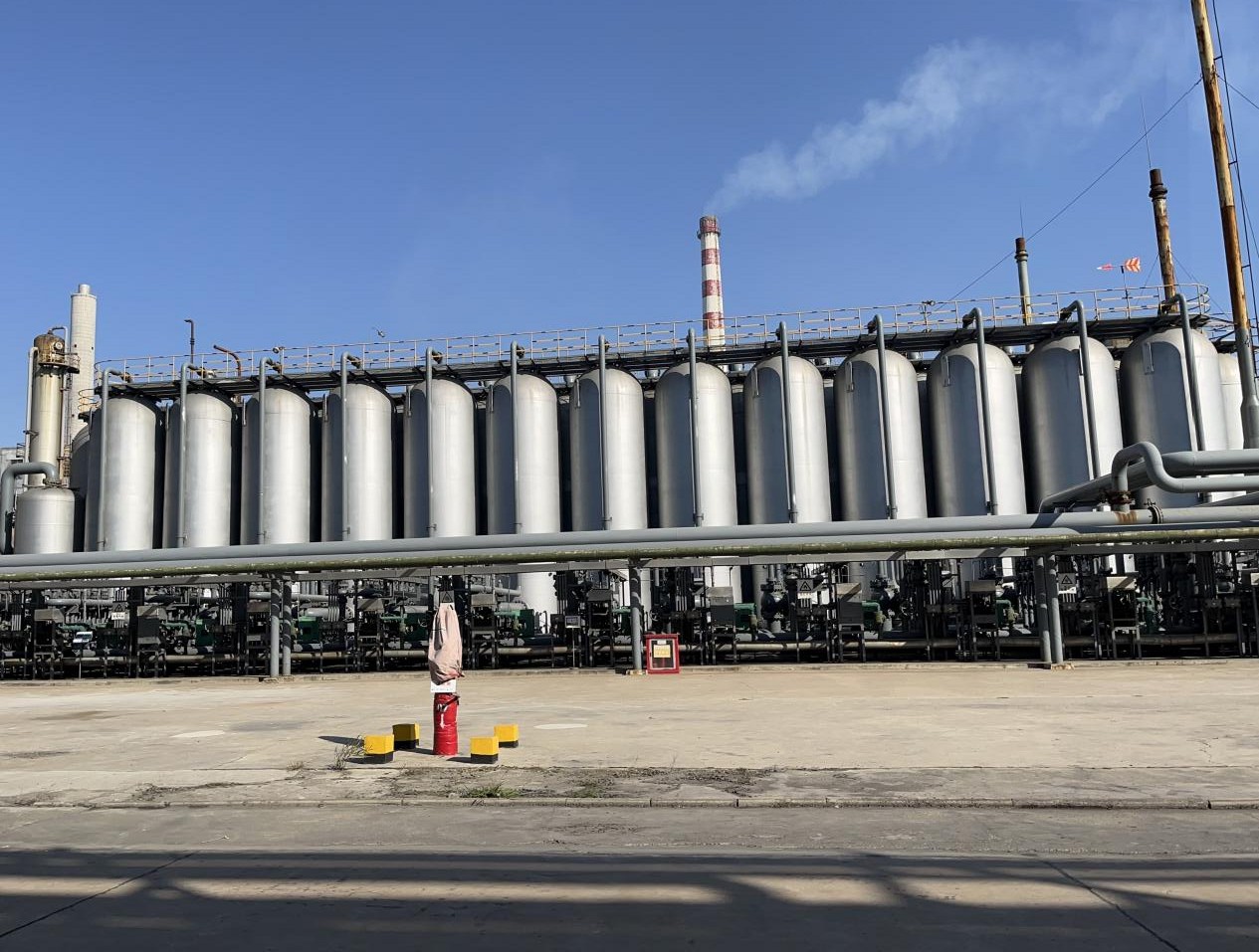How to Produce Hydrogen
Water electrolysis is one of the most widely adopted and mature methods for hydrogen production. This process reverses the combustion of hydrogen and oxygen to form water, requiring energy input to decompose water molecules.
Industrial Production Methods:
[1]. Water Electrolysis:
- Efficiency: 75-85%.
- Advantages: Simple process, pollution-free.
- Limitations: High electricity consumption.
-Applications: Energy storage during off-peak grid periods, hydrogen production via hydropower/solar energy.
[2]. Hydrogen Production from Fossil Fuels (Coal, Natural Gas, Heavy Oil):
- Coal Gasification: Produces hydrogen-rich syngas through high-temperature reactions with steam or oxygen.
- Natural Gas/Light Oil Steam Reforming: Catalytic conversion at 800-820°C.
- Heavy Oil Partial Oxidation: Generates hydrogen via controlled combustion.

 How to Produce Hydrogen
How to Produce Hydrogen
 Mechanism and Application of Desulfurization/Denitrification
Mechanism and Application of Desulfurization/Denitrification
 Application of Low-Power Ion Beam Dust Removal and Whitening
Application of Low-Power Ion Beam Dust Removal and Whitening
